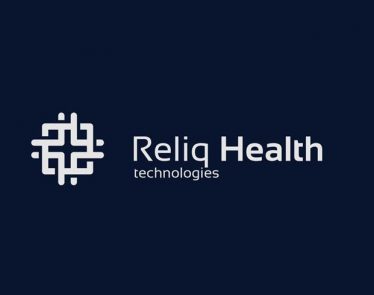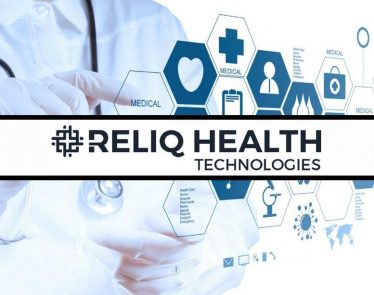
Telemedicine is a budding industry involving a combination of telecommunications and technology to provide remote healthcare and essential coverage for people in remote locations. Diseases that require constant monitoring, such as diabetes, COPD, and congestive heart failure are poised to benefit the most. One company set to cash in on the trend is Reliq Health Technologies Inc (TSXV:$RHT).
The firm, based out of Vancouver, Canada, has developed a telemedicine platform that has been quickly embraced by the health community. The iUGO health technology platform is, in their words, a “comprehensive hardware and software solution that allows complex patients to receive high-quality care in the home, improved health outcomes, enhanced quality of life for patients & families and a reduced cost of care delivery.”
Reliq also announced that it recently hit a 1,000 paid subscribers. The services are described by Reliq as, “chronic care management, remote patient monitoring and telemedicine solution, representing recurring monthly revenue of US$50,000 per month”.
CEO of Reliq, Dr. Lisa Crossley said, “This is a critical milestone for Reliq as we move forward with our rollout to over 40,000 patients”. Earlier, Reliq had announced that it was contracted by Paz Home Health and Rio Grande Valley Health Alliance in Texas to provide remote monitoring solutions for patients.
Dr. Crossley says that 1,000 customers is just the beginning, “at least 1,000 new patients per month through 2018 with these two contracts, which together are worth over US$26 million annually in recurring revenue at full deployment.” The company has a market cap of around CA$25 million.
According to Reliq, 80% of healthcare costs in 2015 are due to chronic conditions. Medicare and Medicaid are also fine facilities for what it calls “preventable readmissions”. In 2015, these fines were charged to 76% of hospitals. This encourages care facilities to adopt the new telemedicine model.
The company also has multiple pilot programs in place, including one partnering with the Ontario Ministry of Health to improve health outcomes for diabetics in remote First Nations and one in Baton Rouge, Louisiana to help patients who have been recently discharged after pain management surgery.
Featured Image: Depositphotos/© Wavebreakmedia











